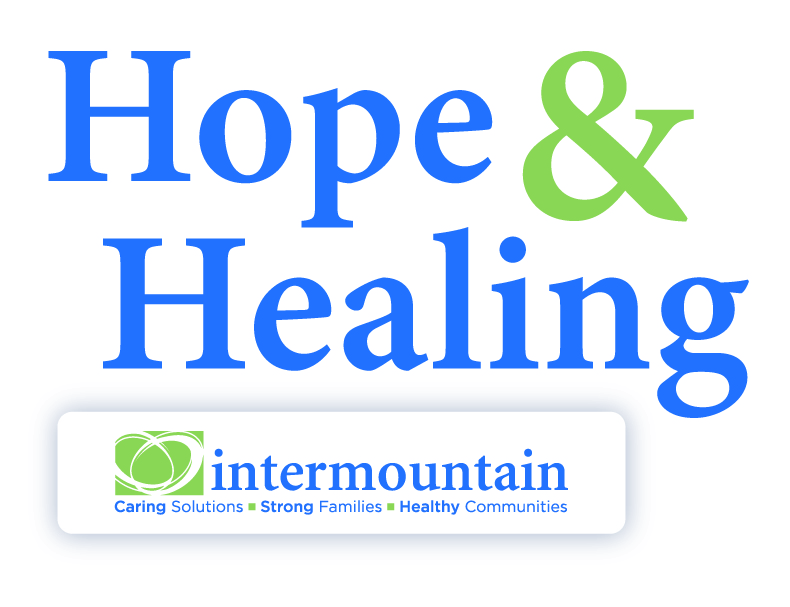By Phillip Quinn, M.Ed.
“Let’s do Family Therapy”
Ten years ago, before I started working day to day in the mental health field, I likely would’ve laughed at those words. I might have dismissed the idea as ridiculous and unnecessary. I almost certainly would have mocked the suggestion, citing the ‘family therapy’ from season one of The Simpsons in which the family spends the entire time electro-shocking each other. (youtube it, it’s pretty classic)
I most definitely wouldn’t have been a willing, engaged, able participant. And I most certainly wouldn’t have shared that I was secretly nervous, scared, anxious, and downright terrified that I might have to be vulnerable with those closest to me—a therapist or stranger would have been easier than my spouse, parents, or children. And I certainly didn’t want to explore my role in whatever problems occur in my own family or be confronted with the failures I knew were there but never dared utter aloud.
Fast forward to today and I have grown to see that family therapy is, and always was, integral to success for the family and child. I often meet parents who don’t want to do family therapy for various reasons and have heard the following, in some form, many times: “I’m not the one with the problem;” “You just want to blame me;” “I don’t have time for that, I have to work!” “I thought this was my child’s therapy;” “I’ve tried that before and it didn’t work.”
The truth is many who have tried family therapy have had these experiences. Some have sat in “family” therapy and been blamed or felt targeted. Some truly can’t afford to miss work. Many aren’t the “problem.” And yes, it is often your child’s therapy that your hard earned money is paying for. And the saddest is when it hasn’t worked. As a therapist I’d be ignorant to deny all of these realities. I’d also be slacking to accept this as is.
To prove how important the family is, let’s use basic math. There are 168 hours in a week. A child will generally have no more than 1 hour of therapy per week on top of about 38-40 hours at school. That leaves around 130 hours in their parents’ care, a smidge more than in therapy or anywhere else (sarcasm intended). Granted, kids will spend a significant amount of time sleeping, especially our teens, but that still leaves the majority of their time in their home with their family. If they are struggling, I’m putting money the family is too. I’d take that bet over the Patriots getting to the AFC Championship as long as Tom Brady plays and Belichick coaches. And if we’re being honest, living with a family member that is struggling—whether from trauma, Autism, depression, anxiety, cognitive delays, or anything else—takes a toll, is exhausting, frustrating, and often feels hopeless. This is where family therapy comes in.
Family therapy isn’t about getting blamed or identifying the problem person. It’s not about finding a scapegoat or finding an ally to prove a point. It is, like all therapy, about supporting each member of the family in finding satisfaction in their relationships and daily lives. It is about learning how to communicate with each other, accept each other’s feelings and experience, and developing the skills to support each other. It is about learning that, contrary to the cliché, we do often live on islands but strive to keep them close together and need to work to keep those connections.
When the islands separate, the counselor’s job is to help you connect and bring those islands together or at least build bridges and ferries back and forth. And like so many other things our children need us to lead the way because they don’t know how. They don’t know how to be vulnerable until they see us do it. They don’t know how to manage their anger in a healthy way until they see us do it. They don’t know how to tolerate failure or success until they see us do it. And if we aren’t sure how to do it, then we need to experience it too and let the therapy relationship teach us. Family therapy is the safe place to do it. It will be hard, there will be tears, there may be anger and yelling, and hurt and sadness will almost certainly come out. There will also be laughter, joy, snuggling, delight, smiles, and a closeness many of us yearn for when things are hard but aren’t sure how to get.
If there is something I can guarantee, it will be worth it. It will bring you closer together, even though you all may want to push away and shock each other like the Simpsons. When all is said and done the islands will be connected by bridges, boats, planes, and smoke signals and the family will enjoy coming together for Thanksgiving and Christmas or just for a day of laughs and games. There will still be arguments and frustrations and hurt, but there will also be the skills and willingness to heal, to open up, and repair.
If your family is struggling, or even certain relationships within the family, it is time to consider family therapy. It is time to bring the islands back together, to find your path to your family’s happiness. Family therapy will undoubtedly be hard and uncomfortable at times, like all therapy, but…
You are worth it.
Thank you for reading, humbly here to support your family get where they want to be and always excited for the journey.
Phillip Quinn is the Clinical Lead for Intermountain’s Family Based Services Program and a Child and Family Therapist in Helena. He previously worked in School Based Services at Helena Middle School and worked with families and youth providing Home Support Services. He has worked with all age levels, toddlers to geriatrics, since starting in mental health in 2009. He is a Professional Counselor Licensure Candidate nearing license completion and achieved his M.Ed. In Counselor Education from MSU-Northern after receiving his BA from Carroll College.





